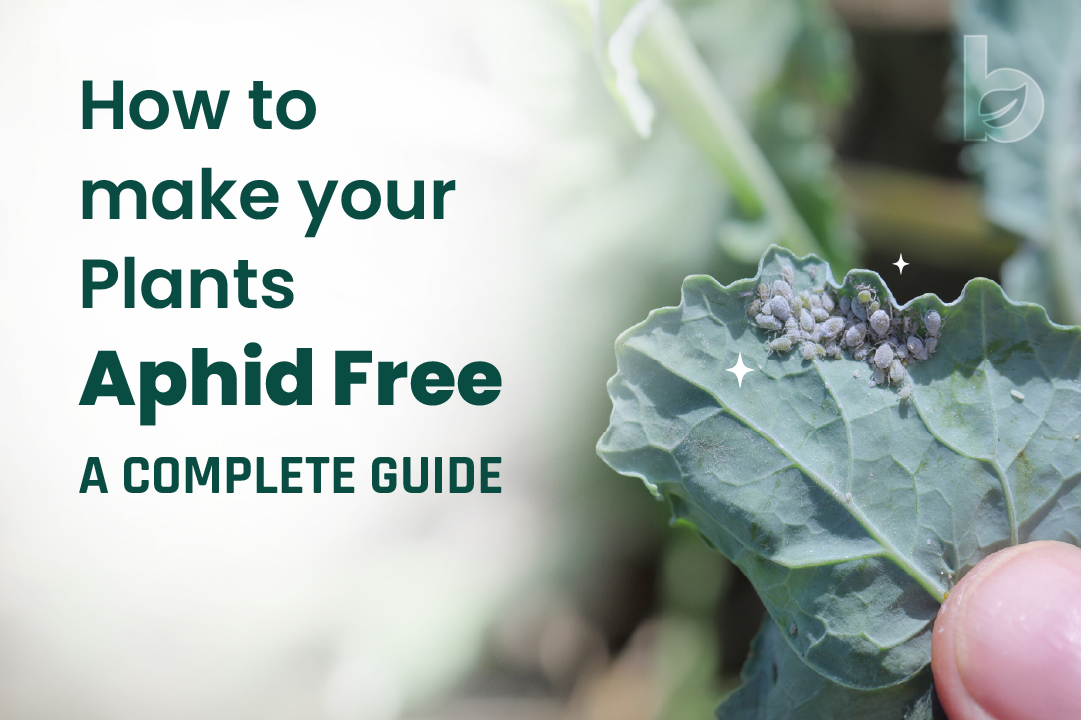
Aphids—the tiny yet relentless invaders—pose a major challenge for gardeners and plant lovers. If left unchecked, these sap-sucking pests can weaken plants, stunt their growth, and even transmit viral diseases. The sight of aphids on plants is enough to cause frustration, but the good news is that they can be controlled and prevented effectively.
In this blog, we will delve into the problem of aphid infestations and explore solutions to keep your plants thriving. By the end, you’ll have a comprehensive understanding of how to combat aphids on plants and safeguard your green space.
The Problem: Why Aphids Are a Menace to Your Plants
Aphids, also known as plant lice, are soft-bodied insects that cluster on leaves, stems, and buds. They pierce plant tissues and suck out the sap, leading to weakened plants that struggle to grow. Worse, aphids secrete a sticky substance called honeydew, which encourages the growth of sooty mold—a fungal problem that further deteriorates plant health.
Signs of Aphid Infestation:
- Distorted Leaves: Aphids cause leaves to curl, wrinkle, or become discolored.
- Sticky Residue: Honeydew on leaves and surfaces attracts ants and mold.
- Stunted Growth: Plants fail to develop properly due to nutrient loss.
- Yellowing & Wilting: Lack of essential nutrients causes plants to droop.
Aphids multiply rapidly, and a minor issue can escalate into a major infestation in no time. The key to controlling them lies in early detection and consistent prevention.
The Solution: How to Get Rid of Aphids Naturally & Effectively
1. Encourage Natural Predators
One of the most effective ways to manage aphids on plants is by introducing beneficial insects like ladybugs, lacewings, and parasitic wasps. These natural predators feed on aphids and help maintain a balanced ecosystem in your garden.
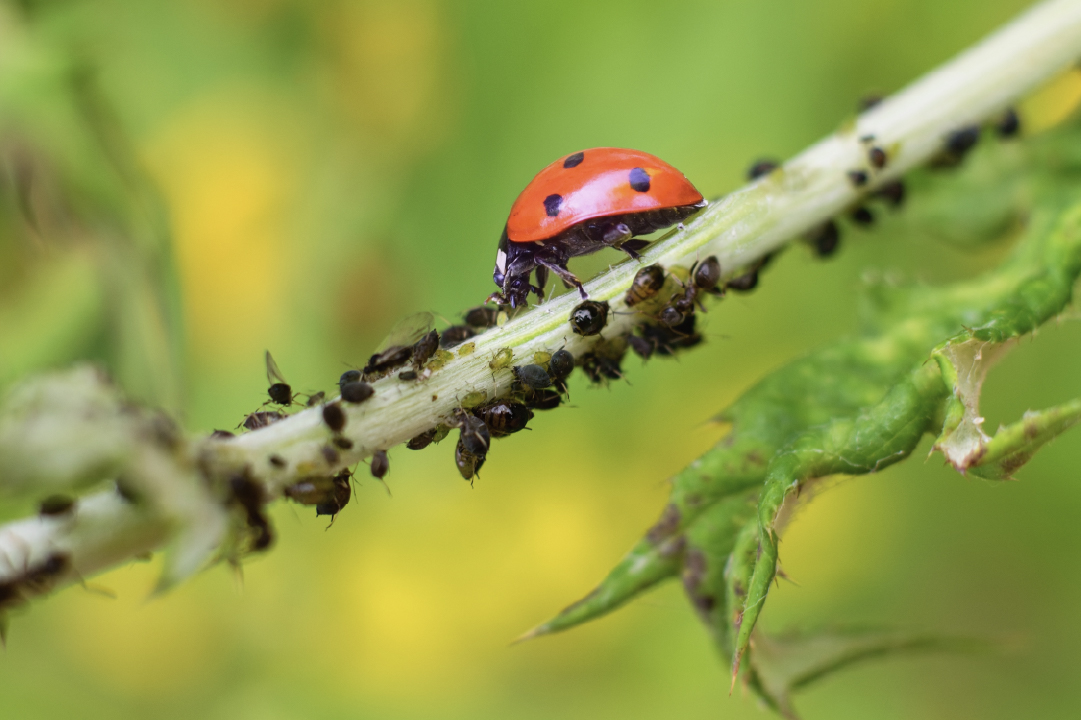
2. Use Neem Oil or Insecticidal Soap
Neem oil and insecticidal soaps work as organic pest control solutions. Neem disrupts the life cycle of aphids, while insecticidal soap suffocates them on contact. Apply a diluted solution to affected plants, ensuring thorough coverage.
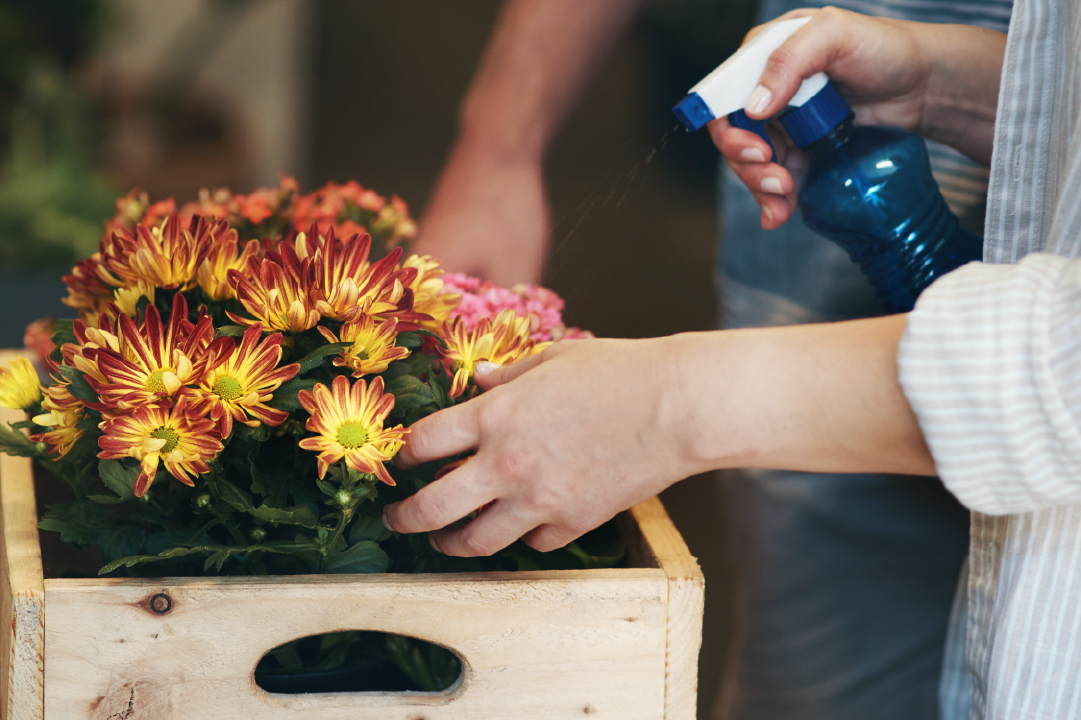
3. Blast Aphids with Water
Aphids are weak clingers. A strong stream of water from a garden hose can dislodge them from plants. This method is most effective for mild infestations and helps in physical removal without chemicals.
4. Grow Companion Plants
Certain plants repel aphids naturally. Consider growing garlic, onions, chives, basil, and marigolds alongside your garden plants. These act as a natural barrier against aphid invasions.
5. Prune Infested Parts
If aphid colonies have taken over specific parts of your plant, prune the affected areas immediately. Dispose of the pruned leaves away from your garden to prevent reinfestation.
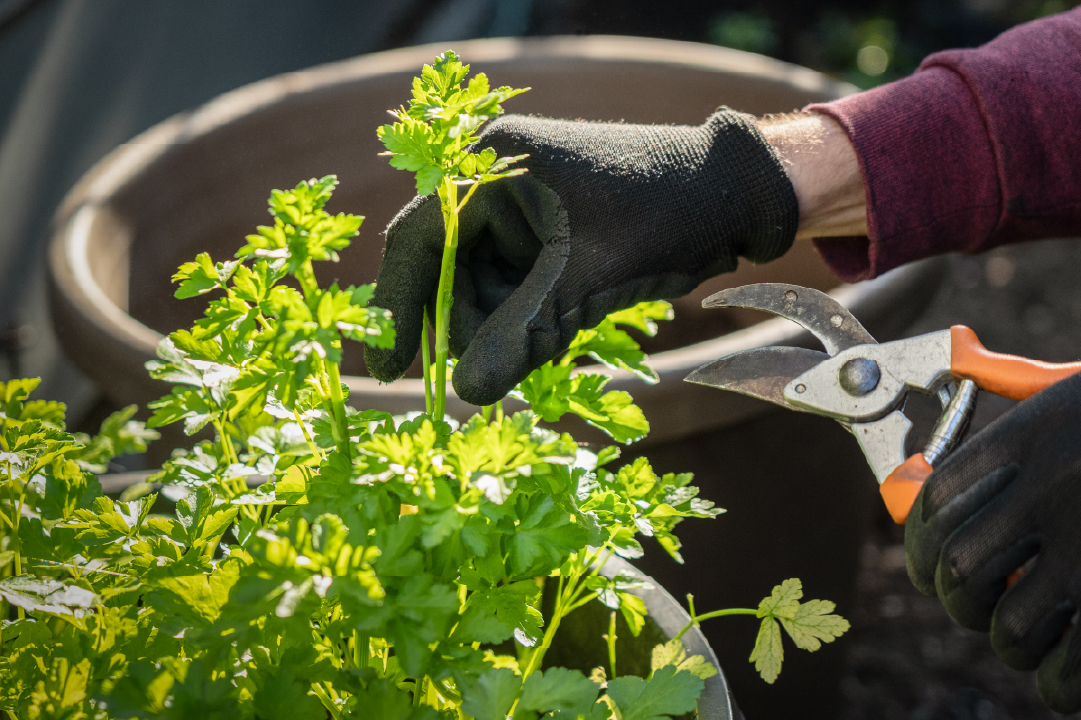
6. Apply Homemade Remedies
A DIY spray made from garlic, chili, or vinegar can deter aphids. Mix crushed garlic with water and a few drops of dish soap, and spray it on infested areas for an all-natural solution.
Long-term Prevention Strategies
1. Maintain Garden Hygiene
Regularly inspect plants, remove weeds, and keep the garden clean to eliminate aphid breeding grounds.
2. Strengthen Plants with Proper Nutrition
Weak plants attract pests. Use organic fertilizers, compost, and soil conditioners to ensure your plants remain healthy and resilient against aphid attacks.
3. Use Row Covers or Netting
Physical barriers like floating row covers prevent aphids from reaching your plants, especially in vegetable gardens.
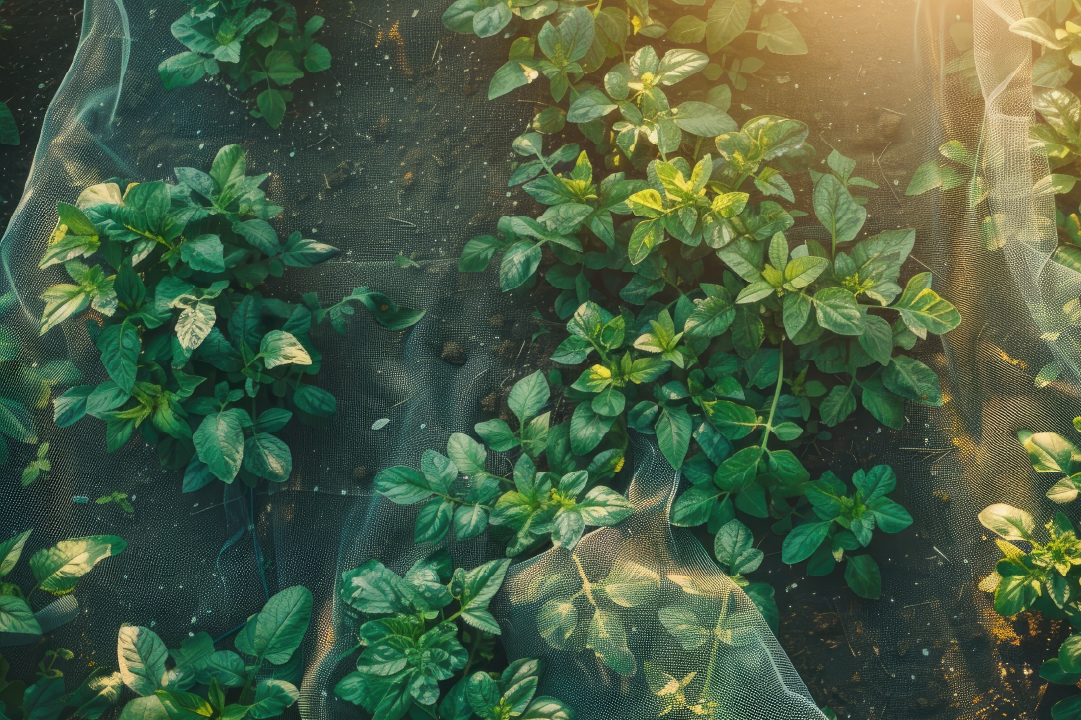
By following these steps, you can eliminate aphids and enjoy a lush, healthy garden. Keep an eye out for early signs of infestation, act swiftly, and adopt preventive measures to keep your plants aphid-free all year round!
FAQs
Q1: What is the fastest way to kill aphids?
The quickest method is using insecticidal soap or neem oil, which kills aphids on contact. Alternatively, spraying them with water can remove them instantly.
Q2: Do aphids go away on their own?
Not usually. Aphids reproduce rapidly, and their numbers can quickly get out of control. If left untreated, they can cause significant plant damage.
Q3: Are aphids harmful to humans?
No, aphids do not bite or harm humans. However, they weaken plants and spread plant diseases, making them a serious problem for gardeners.
Q4: What plants are most susceptible to aphid infestations?
Aphids commonly attack roses, tomatoes, peppers, cucumbers, beans, and fruit trees. Keeping an eye on these plants is crucial.
Q5: How often should I check for aphids?
Inspect your plants at least once a week, especially during warmer months when aphid populations explode.
An All-in-One Solution: DeHaat Bageecha Health 360
If you’re looking for an easy and effective solution to aphids on plants, DeHaat Bageecha Health 360 is your answer. This 100% natural plant spray offers a powerful yet safe way to protect your plants from aphids and other pests.
Why Choose Health 360?
- Organic & Safe: Free from harmful chemicals, ensuring plant safety.
- Effective Pest Control: Works against aphids, mealybugs, and other garden pests.
- Easy to Use: Just spray on affected plants for instant protection.
Say goodbye to aphids and keep your garden flourishing with DeHaat Bageecha Health 360—because your plants deserve the best care!



